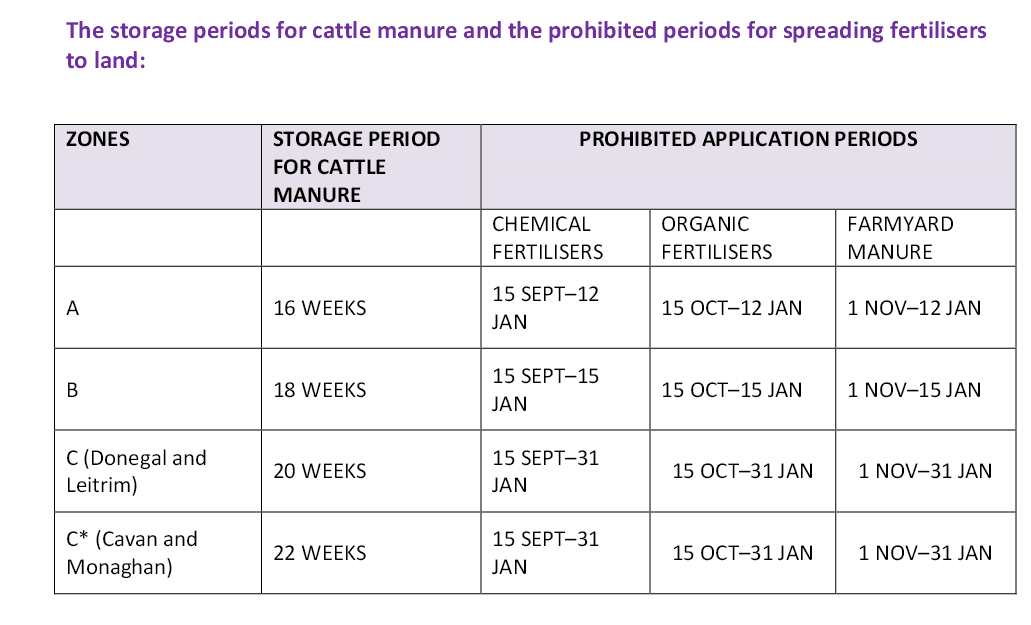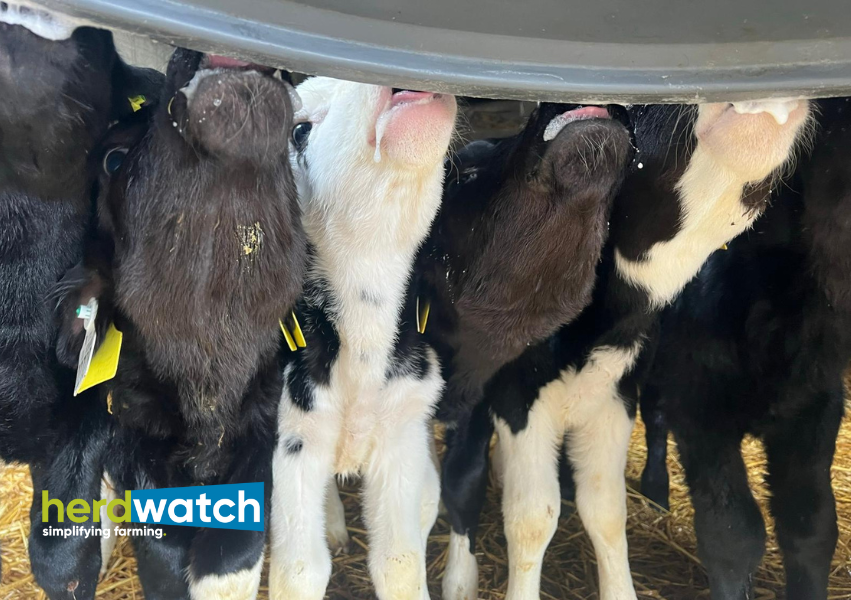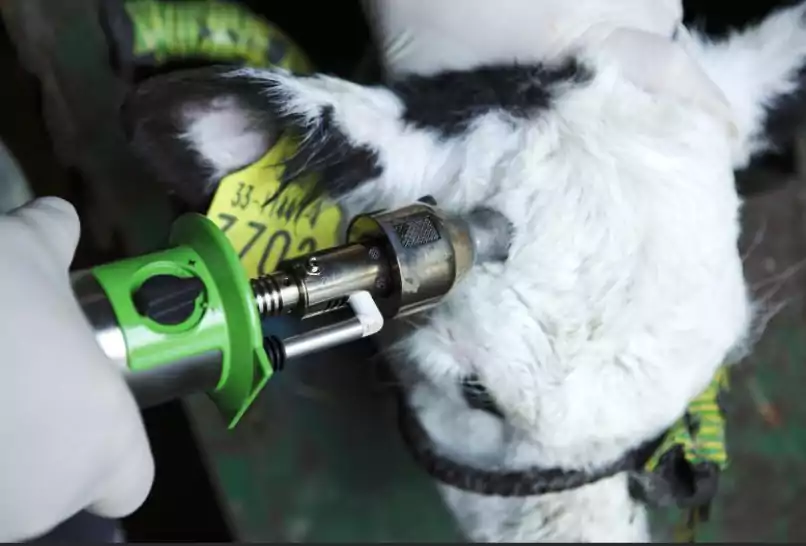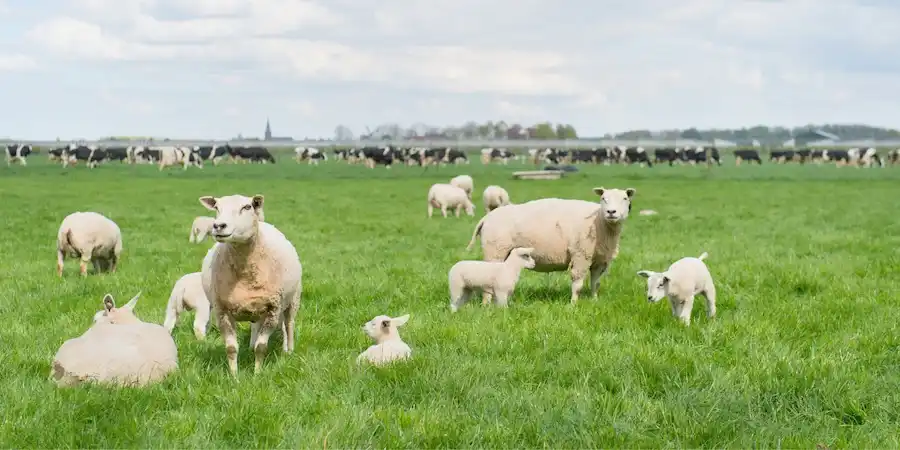Farm Safety Week 2017: The Dangers of Slurry

Today’s theme of Farm Safety Week being “livestock and slurry” so we are going to look at the business of spreading slurry. While a majority of this year’s slurry has already been spread we take a look at the dangers of slurry; how it’s taken so many lives and if there are any ways to reduce the risks to yourself, and your family, when you are out there performing the task. According to a 2016 article in The Independent “In the period 2000-2010, 30% of child fatal accidents on farms were caused by drowning in slurry or water.”
With deaths as recently as last month when a farmer in Co. Clare was pushed into an open slurry pit when his tractor rolled into him. In mid-October 2016, another farmer tragically passed away due to a slurry accident in Co. Tyrone with a farmer in his 30’s, from Co. Fermanagh, taken to hospital due to being overcome by slurry fumes the week before.
Even with less illegal slurry spreads being recorded year on year from 2013 onwards. Farmers have been sticking to the guidelines about the right times to be spreading and this has led to a reduction in fines being handed out in recent years.
Awareness of the Dangers of Slurry
The Farmer’s Journal has detailed ten points for farmers to take into mind when they are dealing with their slurry:
- If possible, agitate on a windy day.
- Keep children away from the area at all times.
- Take all animals out of the building before starting to agitate slurry.
- Open all doors to ventilate the area.
- Use outside agitation points first.
- If you are dealing with older sheds where the slats need to be lifted for agitation, be sure to cover exposed areas of the tank beside the agitator to stop anything falling in.
- Start the mixer and then stay out of the shed for as long as possible – at least 30 minutes.
- If you have to re-enter the shed, make sure there is another adult on site who knows what you are doing, stays outside the building and can get help if needed.
- Avoid naked flames, as slurry gas is flammable.
- Do not stand close to the pump exhaust of a vacuum tanker when it is being filled
Over in Wales farmers are being made keep electronic records of how much slurry they are spreading, where exactly they are spreading it and when they spread it. They have been given three years comply with the regulations, however, organic farmers are exempt from these rules. Is this something that you would want to see in a future update for Herdwatch to help you to manage your slurry each year? Let us know!





